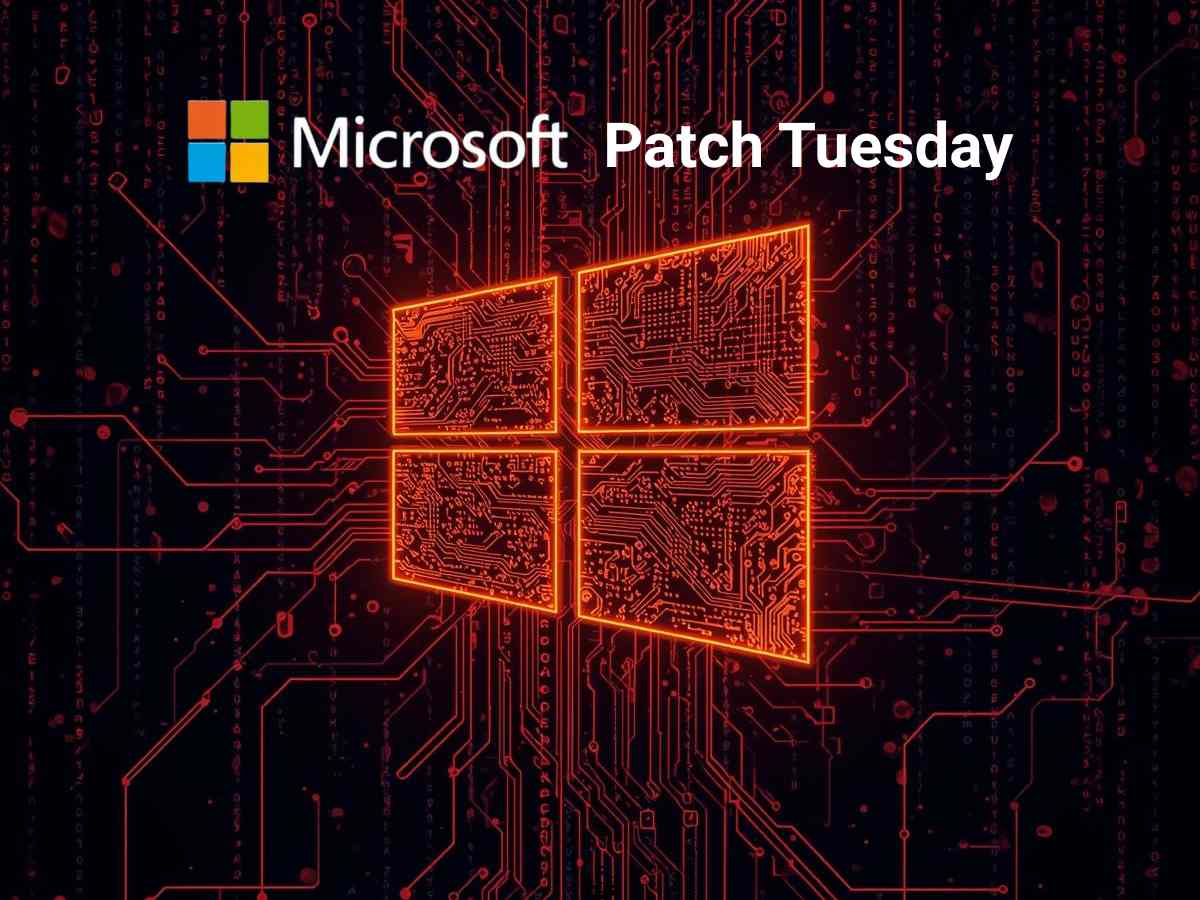As a storm of cyber attacks brews on the horizon, a new revelation has shaken the telecommunications sector to its core; a ninth unsuspecting firm has fallen prey to the cunning Salt Typhoon hacking group, allegedly backed by China, leaving experts to sound the alarm on the dire threat to national security.
Salt Typhoon, known for its sophisticated techniques, reportedly infiltrated network infrastructures used for processing court-authorized wiretaps. This enabled hackers to gain even further access to metadata, tracking the location of individuals and eavesdropping on their private conversations, as required.
The essence is that these depraved breaches are as horrible as imagining a burglar coming to your home to copy your keys and learn what hours you are away from home instead of stealing your valuables. In a similar vein, the hacker not only accessed call records but also collected metadata, which reveals who talked to whom, when, and for how long, invaluable information for espionage.
Anne Neuberger, Deputy National Security Adviser, confirmed the breach but did not disclose the companies involved. Reports suggest industry giants like AT&T, Verizon, and T-Mobile might be among the victims. Disturbingly, the attackers appear to have focused on high-profile targets, including government officials and political figures, with many cases concentrated in the Washington-Virginia area.
Despite legal obligations to report breaches, national security concerns may exempt companies from public disclosure. This secrecy highlights the delicate balance between transparency and protecting sensitive investigations.
In response, agencies such as the FBI and CISA have issued guidelines that would enhance cyber defenses. The Federal Communications Commission (FCC) is even exploring penalties for companies failing to meet cybersecurity standards.
The Chinese government denies any connection to the Salt Typhoon, but the scale of these attacks suggests otherwise. Experts believe that voluntary cybersecurity practices would no longer be enough in the wake of the current growing sophistication of cyber-attacks. The Salt Typhoon campaign is a clarion call that safeguarding critical infrastructure has become a must, not an option.






